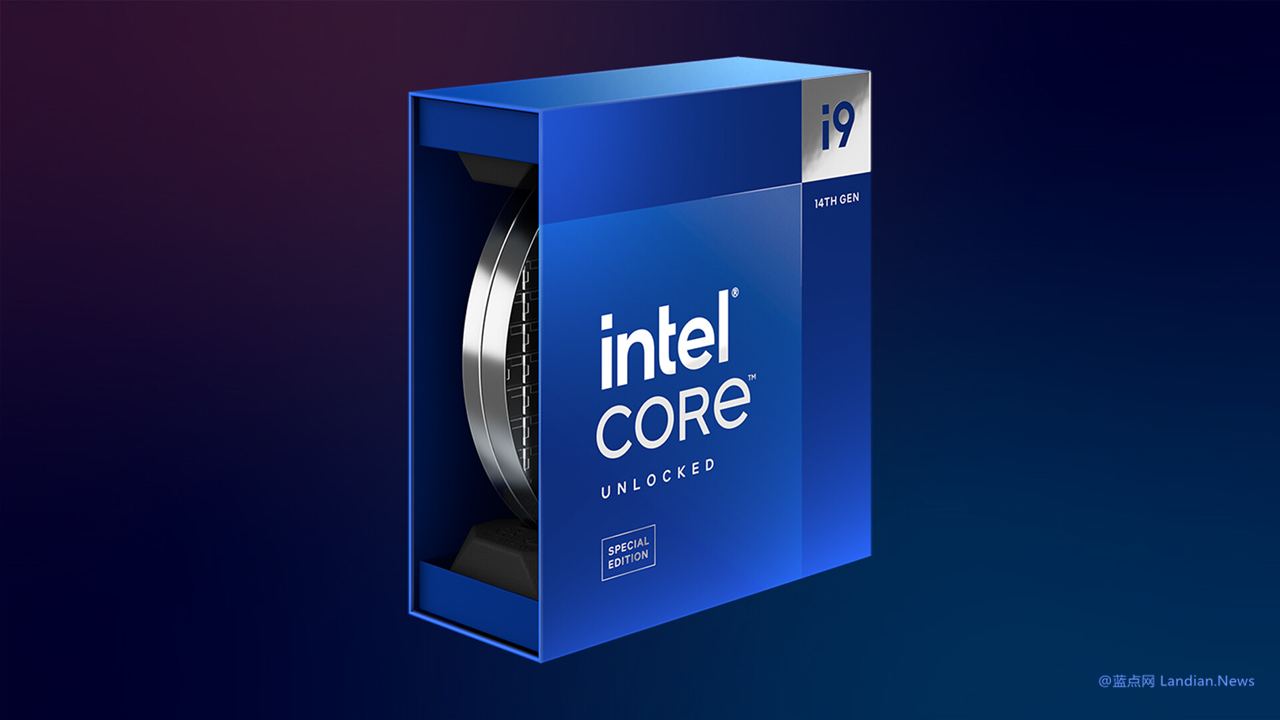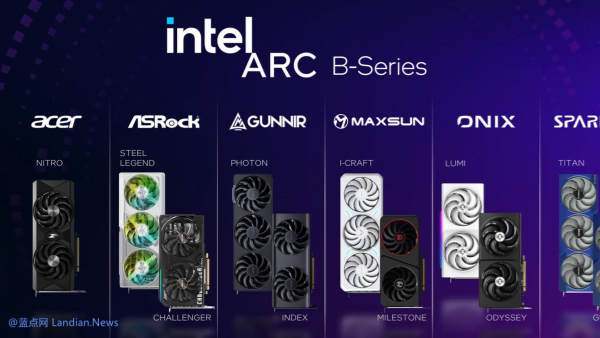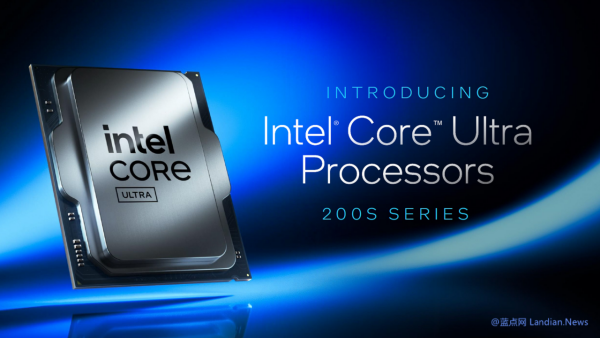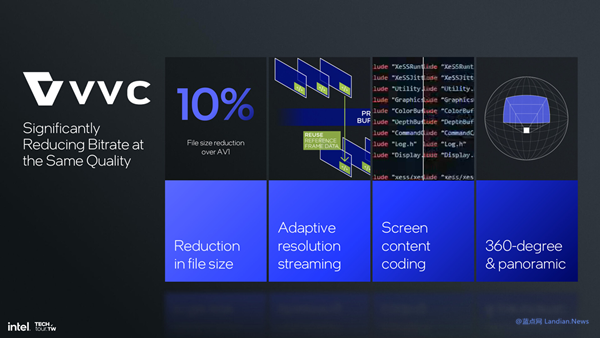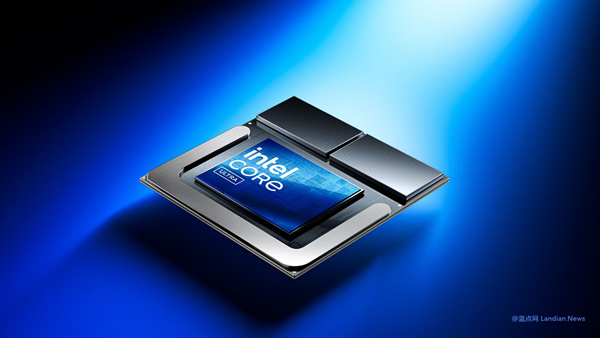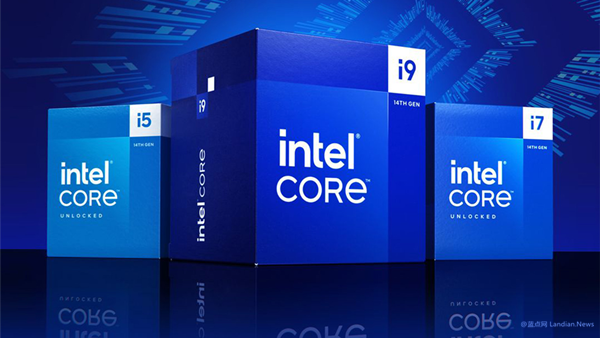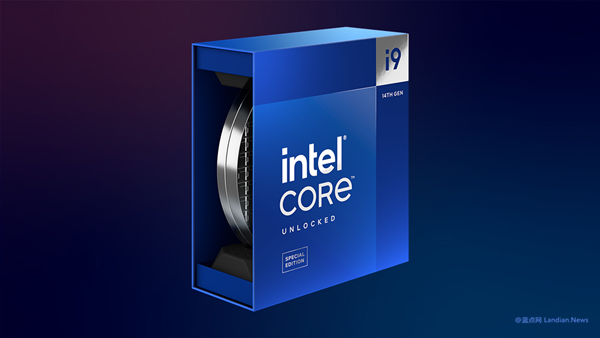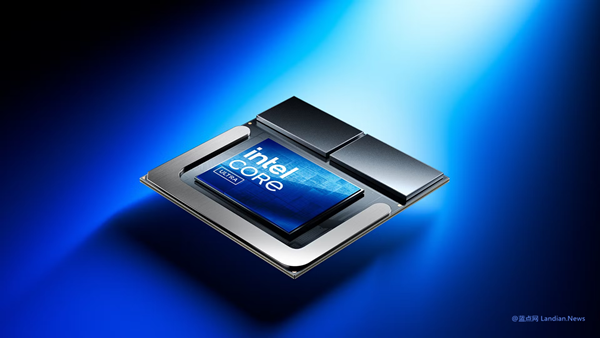Intel Faces Class-Action Lawsuit Over 13th/14th Gen CPU Crashes: Accused of Intentionally Selling Faulty Products
The inevitable has happened: A class-action lawsuit was filed against Intel this week in the United States District Court for the Northern District of California, San Jose, by Mark Vanvalkenburgh, a consumer from New York State.
In January 2023, Vanvalkenburgh purchased an Intel Core i7-13700K processor, only to encounter frequent issues during use, such as sudden black screens or unexpected reboots.
Following numerous feedback, Intel initiated an investigation and confirmed that the firmware of the 13th and 14th generation processors had issues, potentially inputting excessive voltage that could cause irreversible chip damage.
Intel's solution was for users to install the latest microcode patch in an attempt to fix the issue. If the problem persisted, customers were advised to contact Intel's after-sales support for a replacement processor of the same model.
However, the lawsuit claims that Intel was aware of the instability issues of these processors before January 2023. Despite discovering flaws during internal testing post-release, Intel neither halted the sale of the faulty products nor disclosed these defects, choosing instead to market these processors as high-performance products.
Given these circumstances, the plaintiff accuses Intel of fraud, breaching warranty, and violating New York State's consumer protection laws, leading to the lawsuit gaining federal court approval to proceed as a class action.
This means any U.S. consumer who purchased Intel's 13th/14th generation desktop processors is entitled to class-action status, potentially receiving compensation if Intel loses the lawsuit or settles within the next one to two years, even if they do not join the lawsuit.
As of now, Intel has not responded to the lawsuit, but history suggests that the company might settle after a prolonged legal battle, possibly resulting in substantial compensation to consumers.
